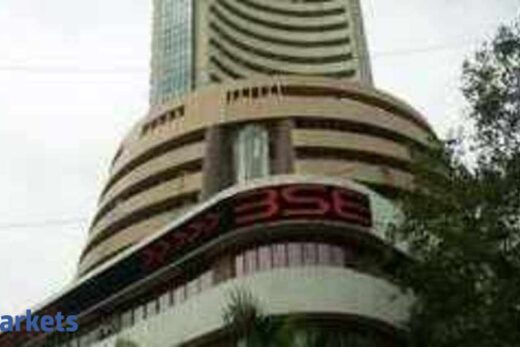Do you think that the listing of Zomato has changed the valuation bar for startups that are planning IPOs?
Zomato IPO definitely sets the path for other internet IPOs that are expected to follow suit. A strong business model is emerging and investors are trying to buy something with a long-term potential. The total addressable market in India in food delivery is significant. India is under penetrated in most categories. The headroom for growth in all these businesses is so massive that interest levels are high.
We have started to see green shoots of unit economics. The path to profitability is starting to play out. It is very important for investors to feel confident from a business model perspective that the unit economics are positive. Zomato makes Rs 20 per order and discounts have come down. There are multiple growth drivers for them to scale up. Besides food delivery, there are other things that they can build on.
Investors are seeing the growth potential. Literally, these are growth stocks. These businesses are growing at 50-60-70% year-on-year or even more. That is where the excitement is for investors. If you see global markets as well, growth is at a premium.
Overall, Zomato’s listing is a great start for the Indian internet economy. There is a massive opportunity from a valuation and growth perspective going forward.
Do you think that any Indian player, other than Swiggy, might try to challenge Zomato?
India is a duopoly market. If you look at other markets, they are also fairly concentrated. China also has a two-player market structure. The US is a three-player market structure with DoorDash, Uber Eats and another player. It is not easy for a new player to come in because the network effects are important. You need a very strong ecosystem of delivery partners and restaurant partners. There are multiple growth drivers that can help Zomato scale up its business.
From a new entrant threat perspective, Amazon has been doing a pilot in Bangalore for some time now. It is not easy to scale your business up. It is a very on the ground business. You have to have your sales people going to all these restaurants, sign contracts and negotiate take rates. You have to build a delivery fleet. Ecommerce players are fulfilment focussed, where it is a 24 days to 2 days delivery out of fulfilment centres or warehouses outside the city.
New startups will not have deep pockets to build it up. For existing players it would mean a lot of (cash) burning. They will have to invest a lot of capex. They have deep pockets, but in the near to medium-term, it is hard to see a threat from a third player.



